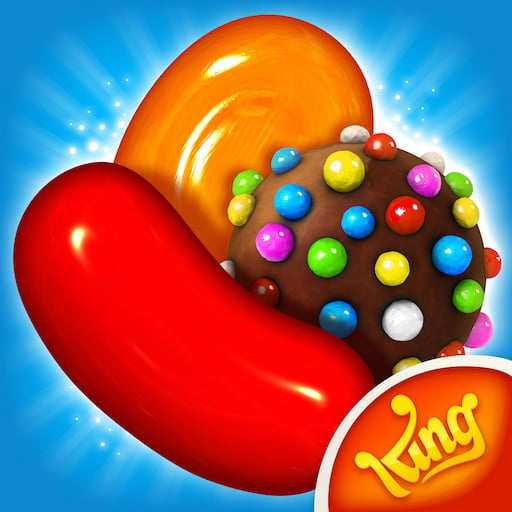

King said in its filing that the IPO will include shares offered by the company as well as those offered by existing stockholders. That’s the model for Zynga’s Facebook games, too. “Candy Crush” is free to play, but users spend money on extra items to boost gameplay. The game’s fans can be spotted on subways, waiting in line at the Post Office or in the theatre before the start of a movie. If King isn’t a household name, “Candy Crush” certainly is. There were 93 million users playing the game every day in December, according to King’s regulatory filing. “Candy Crush,” which involves matching rows of bright-hued virtual candies to make them disappear, is successful by any measure. Zynga, meanwhile, is cutting jobs but still has about 2,100 employees, down from a peak of 3,300 in 2012, at the tail end of the “FarmVille” craze.

King had 665 employees at the end of 2013. Zynga’s 2013 revenue, meanwhile, was $873.3 million, down from $1.28 billion in 2012.Īnother major difference: King is profitable, while Zynga is not. King is five years older than San Francisco’s Zynga, and thanks largely to in-app purchases people make while playing “Candy Crush,” the company generated 2013 revenue of $1.88 billion, more than 10 times its 2012 revenue of $164.4 million. “They have been around longer and are much larger,” said John Fitzgibbon, the founder of. But several analysts say any comparisons between King and Zynga are unfair - to both companies. And in 2011, the company went public riding the popularity of an addictive game, “FarmVille.” Founded in 2002, King only decided to go public once “Candy Crush” had achieved the pinnacle of popularity. Zynga, too, once ruled the realm of online games.


 0 kommentar(er)
0 kommentar(er)
